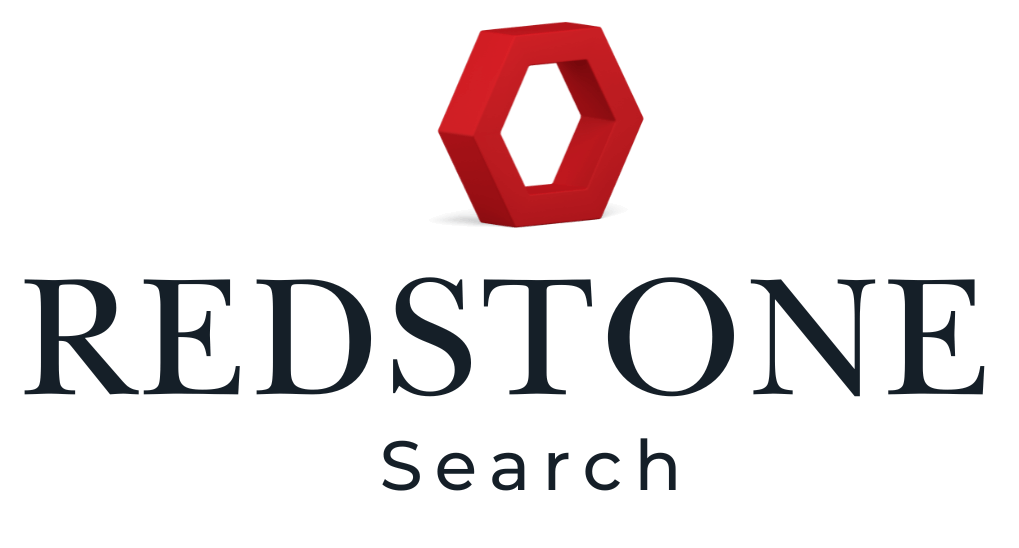The field of legal compliance spans various industries, including finance, healthcare, technology, and beyond. As businesses face increasingly stringent regulatory environments, the demand for skilled compliance officers continues to rise. However, excelling in this field requires more than just a basic understanding of laws and regulations; it demands a diverse set of skills and attributes. Let’s delve into the essential skills necessary for a career in legal compliance.
1. Thorough Understanding of Regulations and Laws
At the core of legal compliance lies a comprehensive knowledge of regulations and laws pertinent to the industry in which one operates. Whether it’s data protection laws, anti-money laundering regulations, or healthcare compliance standards, compliance professionals must stay abreast of legislative changes and evolving best practices. This necessitates a commitment to ongoing education and professional development.
2. Analytical and Problem-Solving Skills
Legal compliance often involves interpreting complex regulations and applying them to real-world scenarios. Compliance officers must possess strong analytical skills to assess risks, identify compliance gaps, and develop effective solutions. The ability to think critically and solve problems efficiently is invaluable in navigating the intricacies of regulatory compliance.
3. Attention to Detail
In the realm of legal compliance, the devil truly lies in the details. A minor oversight or misinterpretation of a regulation can have significant repercussions for an organisation. Therefore, attention to detail is paramount for compliance professionals. Whether reviewing contractual agreements, conducting audits, or drafting policies, meticulous attention to detail is essential to ensure regulatory adherence and mitigate compliance risks.
4. Communication Skills
Effective communication is essential for a career in legal compliance. Compliance officers must be able to articulate complex regulatory requirements clearly and concisely to various stakeholders, including senior management, employees, and regulatory authorities. Additionally, strong interpersonal skills are crucial for fostering collaboration across departments and facilitating a culture of compliance within an organisation.
5. Ethical Integrity
Integrity lies at the heart of legal compliance. Compliance professionals must uphold the highest ethical standards and demonstrate unwavering integrity in their decision-making processes. They must navigate ethical dilemmas with transparency and integrity, always prioritising the interests of the organisation and its stakeholders while adhering to legal and regulatory requirements.
6. Adaptability and Flexibility
The regulatory landscape is constantly evolving, with new laws and compliance standards emerging regularly. Compliance professionals must possess the agility to adapt to changing regulatory environments and pivot strategies accordingly. Flexibility is key to navigating unforeseen challenges and implementing effective compliance measures in response to evolving threats and regulatory changes.
7. Risk Management Skills
Legal compliance is inherently tied to risk management. Compliance officers must possess a keen understanding of organisational risks and develop robust risk management frameworks to mitigate potential compliance breaches. This entails conducting risk assessments, implementing internal controls, and monitoring compliance metrics to proactively identify and address areas of vulnerability.
8. Technology Proficiency
In an increasingly digitised world, technology plays a pivotal role in legal compliance efforts. Compliance professionals must leverage technology tools and platforms to streamline compliance processes, automate routine tasks, and enhance regulatory reporting capabilities. Proficiency in compliance software, data analytics, and information security protocols is essential for staying ahead in the compliance landscape.
9. Project Management Skills
Legal compliance initiatives often involve multifaceted projects with various stakeholders and deadlines. Strong project management skills are indispensable for planning, executing, and monitoring compliance projects effectively. Compliance officers must be adept at setting goals, allocating resources, and managing timelines to ensure the timely and successful completion of compliance initiatives.
10. Continuous Learning and Adaptation
To thrive in this challenging environment, compliance professionals must embrace a mindset of continuous learning and adaptation. Staying informed about emerging regulatory trends, attending industry conferences, and participating in professional development opportunities are essential for staying ahead of the curve and maintaining relevance in the field of legal compliance.

